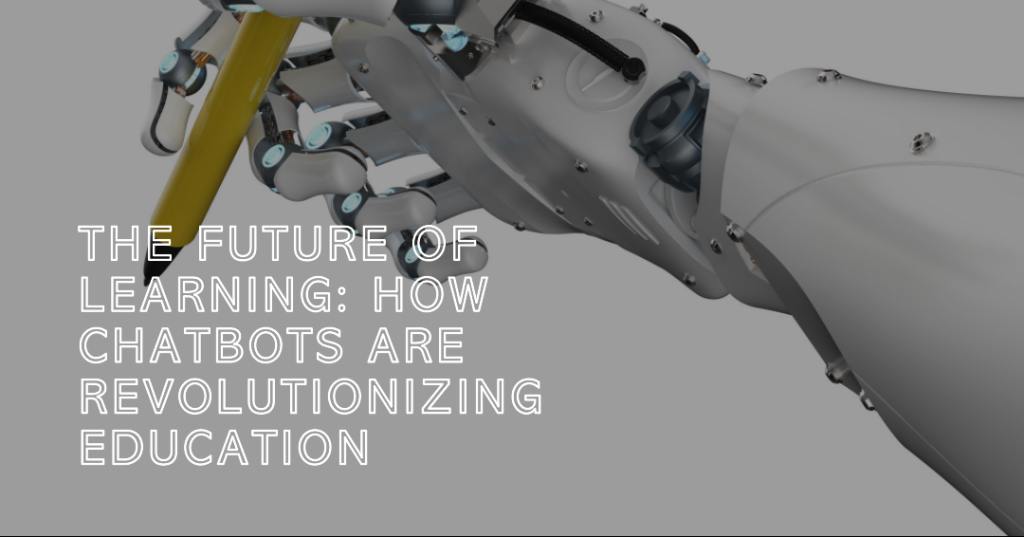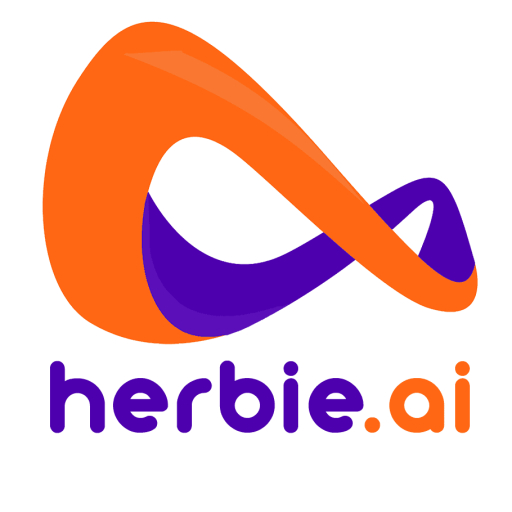
In the digital age, education is undergoing a significant transformation, propelled by advances in technology. Among the groundbreaking innovations, educational chatbots are emerging as a driving force in reshaping the landscape of learning. These intelligent virtual assistants are revolutionizing education by personalizing learning experiences, providing 24/7 accessibility to knowledge, enhancing student engagement, and supporting educators in unprecedented ways. In this blog post, we delve into the exciting realm of educational chatbots and explore how they are poised to shape the future of learning.
The Rise of Educational Chatbots
Educational chatbots, powered by artificial intelligence (AI) and natural language processing (NLP), are smart virtual companions designed to interact with students, answer their queries, and facilitate learning. These chatbots are part of a wider movement toward adaptive and personalized learning experiences that cater to individual student needs. As AI technologies continue to evolve, educational chatbots are becoming more sophisticated, capable of adapting to diverse learning styles and providing tailored content.
Personalized Learning Journeys
One of the most remarkable ways educational chatbots are transforming education is through personalized learning journeys. Traditional classroom settings often struggle to accommodate the varying paces and preferences of individual students. Educational chatbots, however, have the power to change this narrative. By analyzing student performance and behavior, chatbots can offer customized learning paths that challenge advanced learners and provide additional support to those who require it. This adaptability ensures that every student receives an education tailored to their unique strengths and weaknesses.
24/7 Accessibility to Knowledge
Gone are the days of limited access to information beyond classroom hours. Educational chatbots offer the invaluable benefit of round-the-clock availability. Students can now seek answers to questions, access study materials, and engage in learning activities at any time, from any location. This accessibility not only empowers self-directed learning but also caters to the diverse schedules of modern learners, from full-time students to working professionals pursuing further education.
Enhanced Student Engagement
Educational chatbots are reshaping the way students engage with learning content. By incorporating elements of gamification and interactivity, these virtual assistants turn lessons into engaging experiences. Chatbots can facilitate quizzes, simulations, and interactive lessons, making learning more immersive and enjoyable. Through these techniques, chatbots encourage active participation, improve knowledge retention, and foster a deeper understanding of the subject matter.
Supporting Educators
Educators often find themselves burdened with administrative tasks that divert their attention from teaching and mentoring students. Educational chatbots step in as valuable allies by automating routine administrative functions, such as grading assignments and answering frequently asked questions. This newfound efficiency allows educators to focus on what truly matters: cultivating critical thinking, creativity, and problem-solving skills among their students.
Overcoming Learning Barriers
One of the most promising aspects of educational chatbots is their ability to address learning barriers. For students with diverse learning styles, special educational needs, or language barriers, chatbots offer tailored support and resources. This inclusivity ensures that every student has the opportunity to succeed, regardless of their individual challenges.
The Role of Emotional Intelligence
In the quest for well-rounded education, emotional intelligence cannot be overlooked. While chatbots lack human emotions, they are evolving to recognize and respond to students’ emotional cues. By providing emotional support and encouragement, chatbots contribute to creating a holistic learning environment that acknowledges the emotional dimensions of education.
Preparing for the Workforce
The skills demanded by the future workforce are constantly evolving. Educational chatbots are adapting their offerings to help students develop the skills needed to thrive in the job market. Through critical thinking exercises, problem-solving scenarios, and real-world simulations, chatbots are equipping students with practical skills that extend beyond textbook knowledge.
Ethical Considerations and Human Interaction
As educational chatbots become more integrated into learning environments, ethical considerations arise. While chatbots offer numerous advantages, they should be viewed as complementary tools, not substitutes for human educators. The value of human interaction, mentorship, and emotional connection remains irreplaceable in education.
Conclusion
The future of learning is undeniably intertwined with the rise of educational chatbots. These intelligent virtual assistants are shaping a world where learning is personalized, accessible, engaging, and supportive. As technology continues to advance, it’s essential to strike a balance between the capabilities of chatbots and the irreplaceable role of human educators. By embracing this synergy, we can unlock the full potential of educational chatbots to revolutionize education and empower learners on their journeys of discovery and growth.
